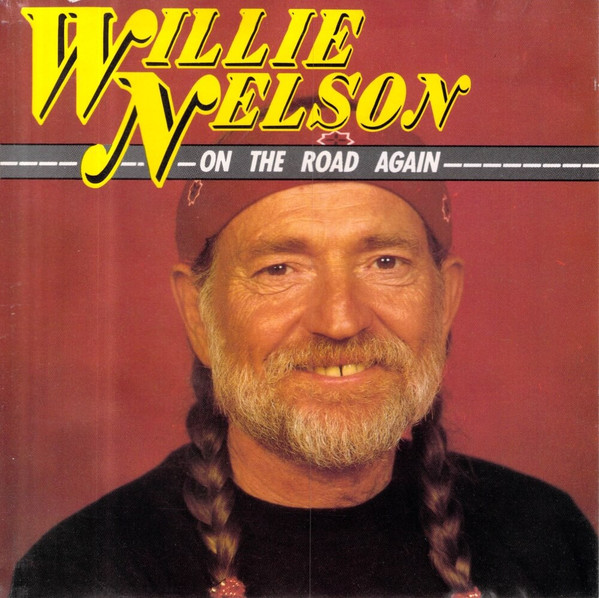Hi Infidelity |
|
Released: November 21, 1980 Peak: 115 US, 6 UK, 2 CN, 6 AU, 14 DF Sales (in millions): 10.0 US, 0.06 UK, 13.40 world (includes US and UK) Genre: arena rock |
Tracks:Song Title (date of single release, chart peaks) Click for codes to charts.
Total Running Time: 34:55 The Players:
|
Rating:3.893 out of 5.00 (average of 21 ratings)
Quotable:“If you need proof why arena rock was giant, this is it…This is really arena rock’s Blood on the Tracks.” – Stephen Thomas Erlewine, All Music GuideAwards:(Click on award to learn more). |
About the Album:“If you need proof why arena rock was giant, this is it.” AMG REO Speedwagon could arguably be credited with bringing arena rock to its pinnacle. They “had been slogging it out in the arenas of the U.S.” AMG for nearly a decade, “building up a sizeable audience because they could deliver live.” AMG This was much the same story for the band’s peers like Styx, Journey, and Foreigner. The difference is that all those bands had landed a couple top ten albums. The highest REO ever previously reached was #29. Then, in 1981, all four bands topped the album charts. However, REO got their first “with this incredibly mainstream collection of power ballads and economic hard rock.” RO They did it with a fifteen-week chart-topper which sold more than 9 million copies in the U.S. This was “a record that not just summarized their strengths, but captured everything that was good about arena rock. This is the sound of the stadiums in that netherworld between giants like Zeppelin and MTV’s slick, video-ready anthems.” AMG “The band’s strongest attribute is its inconspicuous nature. You never see it coming. Kevin Cronin has a serviceable voice and Gary Richrath is a solid if unspectacular lead player” RO “but there’s a real urgency to the songs and the performances.” AMG Keep on Loving You set “the pattern for the power ballads that would take many a hard rock band to the top of the charts throughout the ‘80s.” RO That song “and the surging Take It on the Run…define their era.” AMG There’s also “the Bo Diddley-inspired opener, Don’t Let Him Go” AMG and other radio-friendly songs like “the sun-kissed ‘60s homage In Your Letter, and Tough Guys.” AMG “What’s really great about these songs is not just the sheen of professionalism that makes them addictive to listen to, but there’s a real strain of pathos that runs through these songs – the album’s title isn't just a clever pun, but a description of the tortured romantic relationships that populate this record’s songs. This is really arena rock’s Blood on the Tracks, albeit by a group of guys instead of a singular vision, but that makes it more affecting, as well as a killer slice of ear candy.” AMG |
Resources and Related Links:
First posted 10/6/2010; last updated 11/17/2023. |










